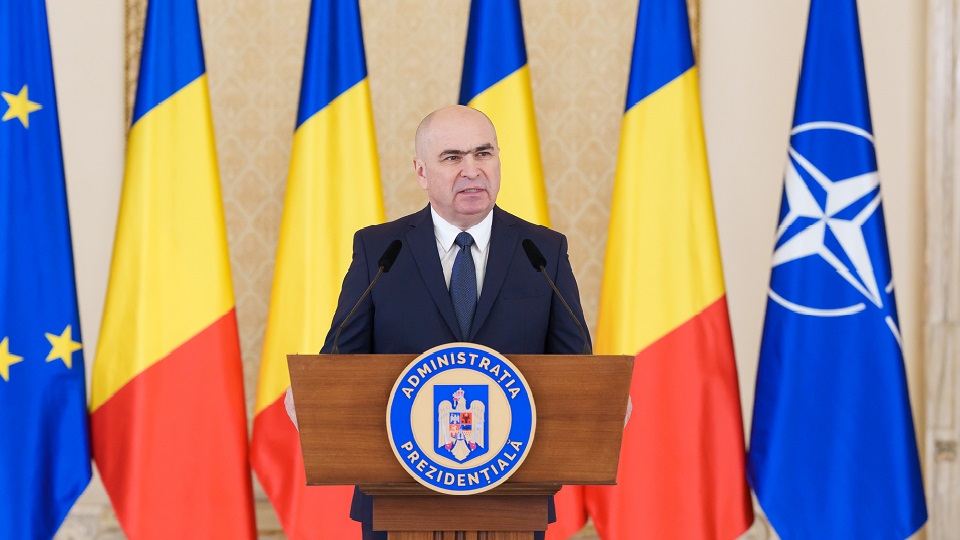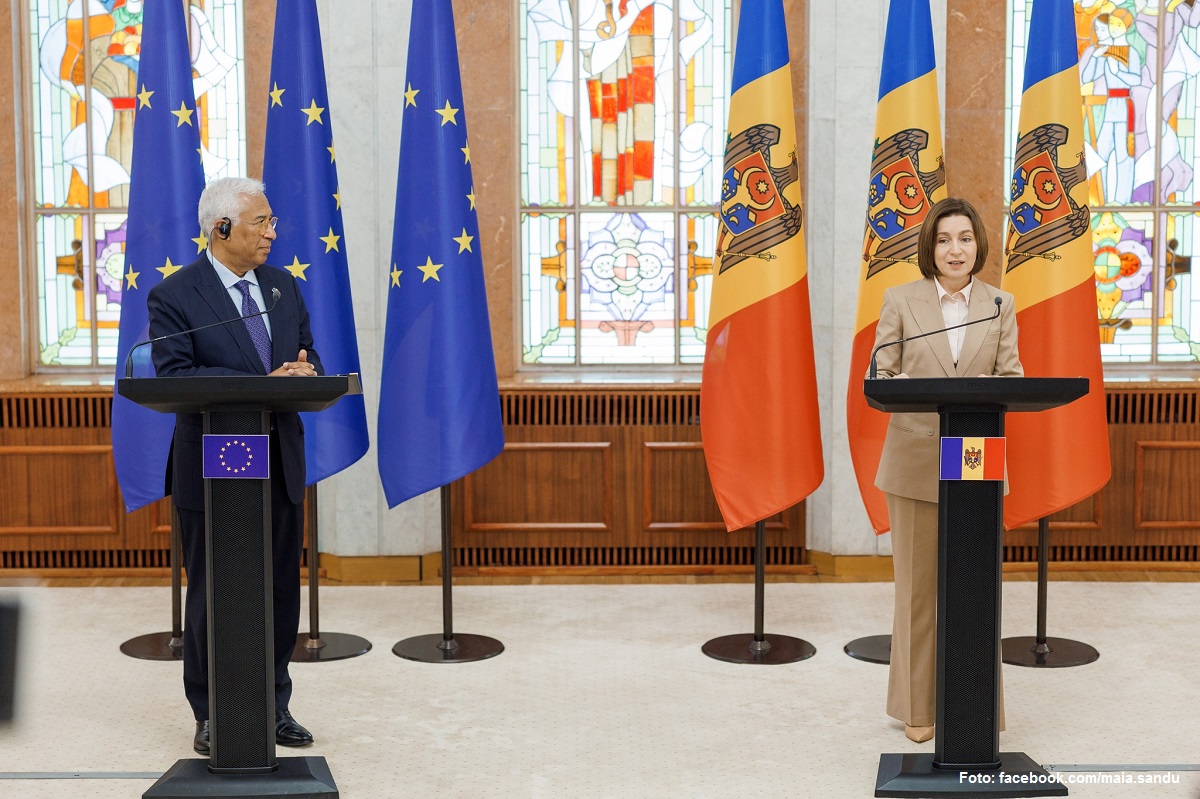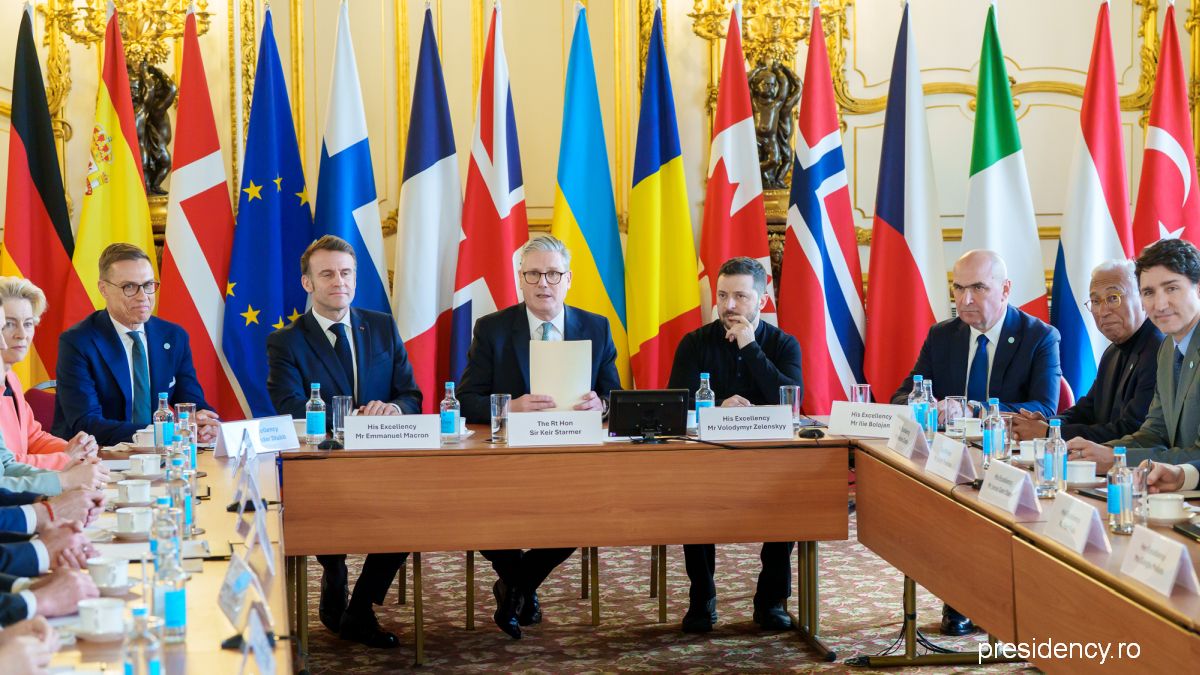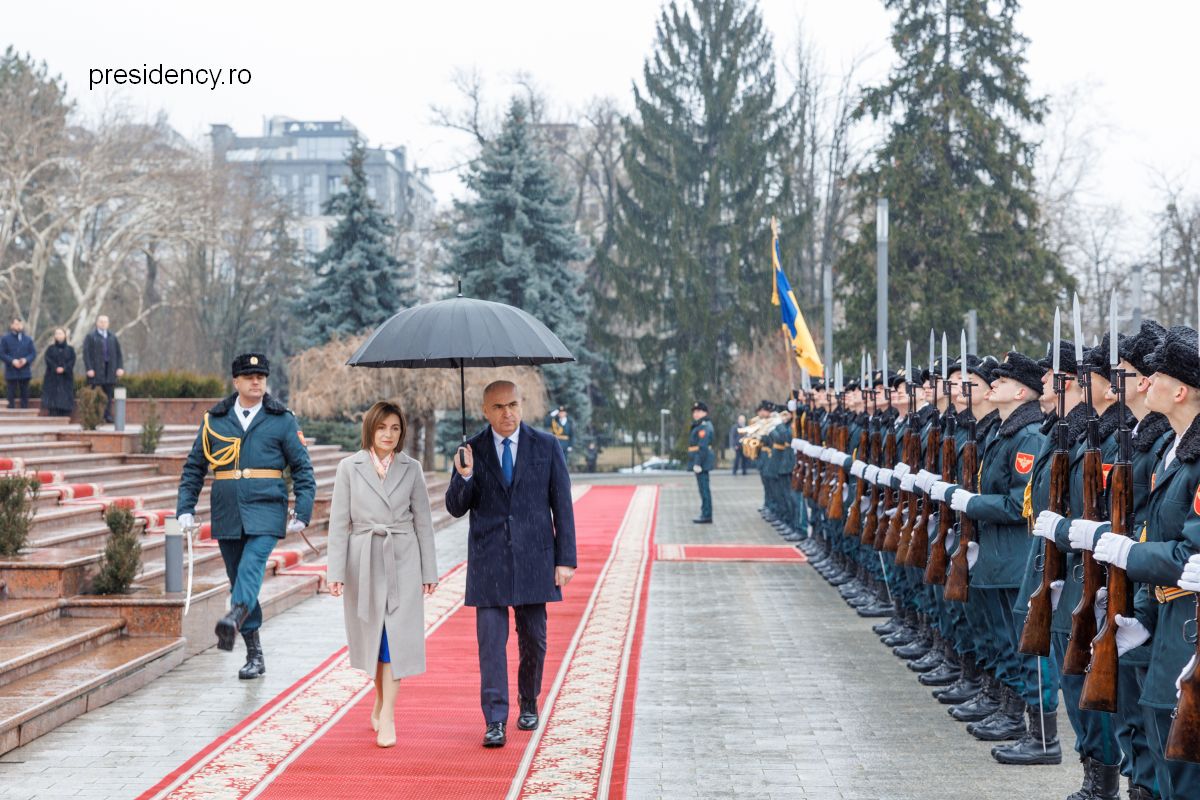Prices and excise duties
The second month of spring started with higher prices for natural gas, cigarettes and fuels. The price of natural gas went up by 2% for domestic consumers, a measure which, just like the others, had been announced, as part of a liberalization timetable. Smokers will have to pay 50 bani more for a pack of cigarettes, as the excise duty on cigarettes was also increased. Dropping will only be the value of mobile phone conversations, as inter-connection fees are now significantly lower.
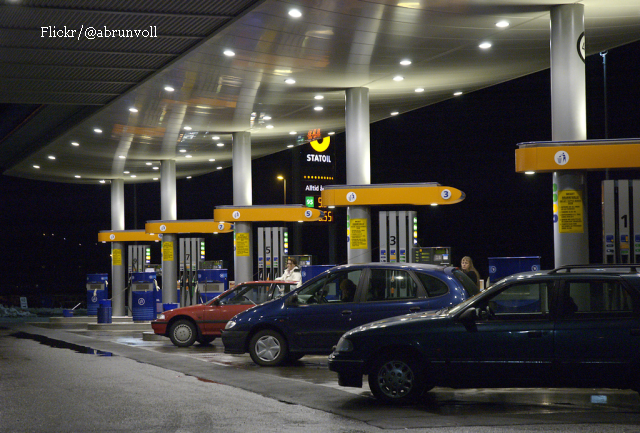
Ştefan Stoica, 01.04.2014, 13:58
The second month of spring started with higher prices for natural gas, cigarettes and fuels. The price of natural gas went up by 2% for domestic consumers, a measure which, just like the others, had been announced, as part of a liberalization timetable. Smokers will have to pay 50 bani more for a pack of cigarettes, as the excise duty on cigarettes was also increased. Dropping will only be the value of mobile phone conversations, as inter-connection fees are now significantly lower.
The most controversial increase is that of fuel prices, following the enforcement of an excise duty of 7 Eurocents per liter of fuel. According to calculations so far made on paper, but which have already been confirmed by the prices displayed by some gas stations, the additional duty has triggered an average increase in the fuel price of 40 Eurocents per liter. President Traian Basescu was the most vocal opponent of that measure, which the government motivated through the need for a reasonable budget deficit to be maintained, as stipulated in the agreement with IMF, the European Commission and the World Bank.
The president was rather firm in opposing the measure, going as far as almost blocking the agreement. That did not happen, though, because the Government agreed to postpone the introduction of the new duty until April 1st, three months later than initially planned. Traian Basescu has arguments against the measure, the most solid one being previous experience. Most of the times, any increase in fuel prices triggered a rise in the prices of all products that are one way or another related to auto transportation.
The new measure, the president believes, will translate into additional and useless suffering for the economy and on the population’s part. Prime Minister Victor Ponta, though, has given assurances that the money brought to the budget by the new excise duty will be used to co-fund the future highways. Long-term benefits would translate in a reduction of travel time, fuel consumption and car maintenance costs. Under the pressure of Romanian transporters, who feared that the additional duty would place them in a position of unfair competition and would ruin their businesses, the government has decided to return them 4 of the 7 Eurocents paid per liter of fuel.
There are many others, though, who oppose the decision. The opposition Liberal Democratic Party, for instance, says that at a time when the price of oil has dropped, fuels are getting more expensive in Romania than in Austria or Germany. In retaliation, Victor Ponta has accused the Liberal Democratic Party that during its three and a half years of governing, fuel prices went up by at least 70%.

